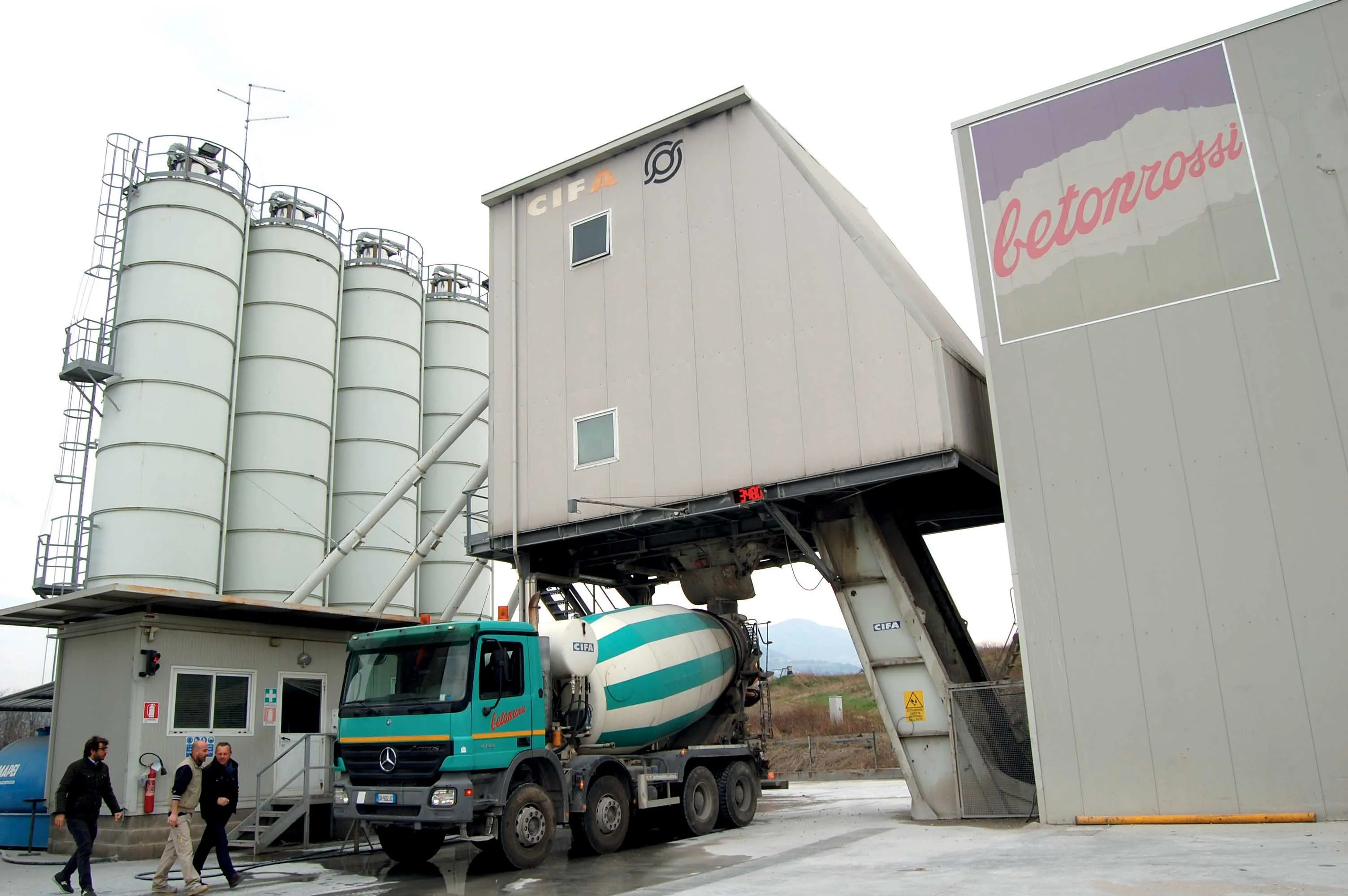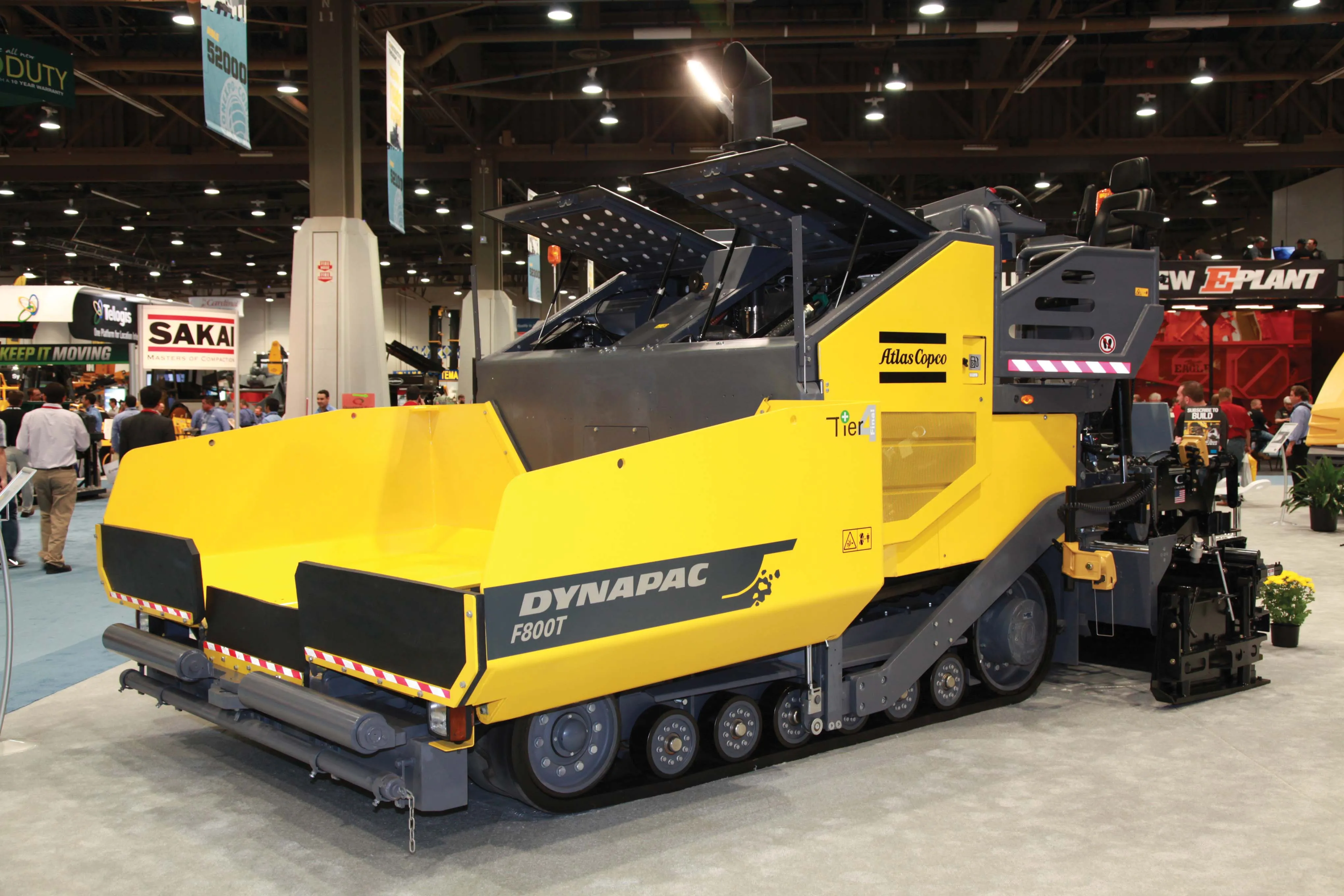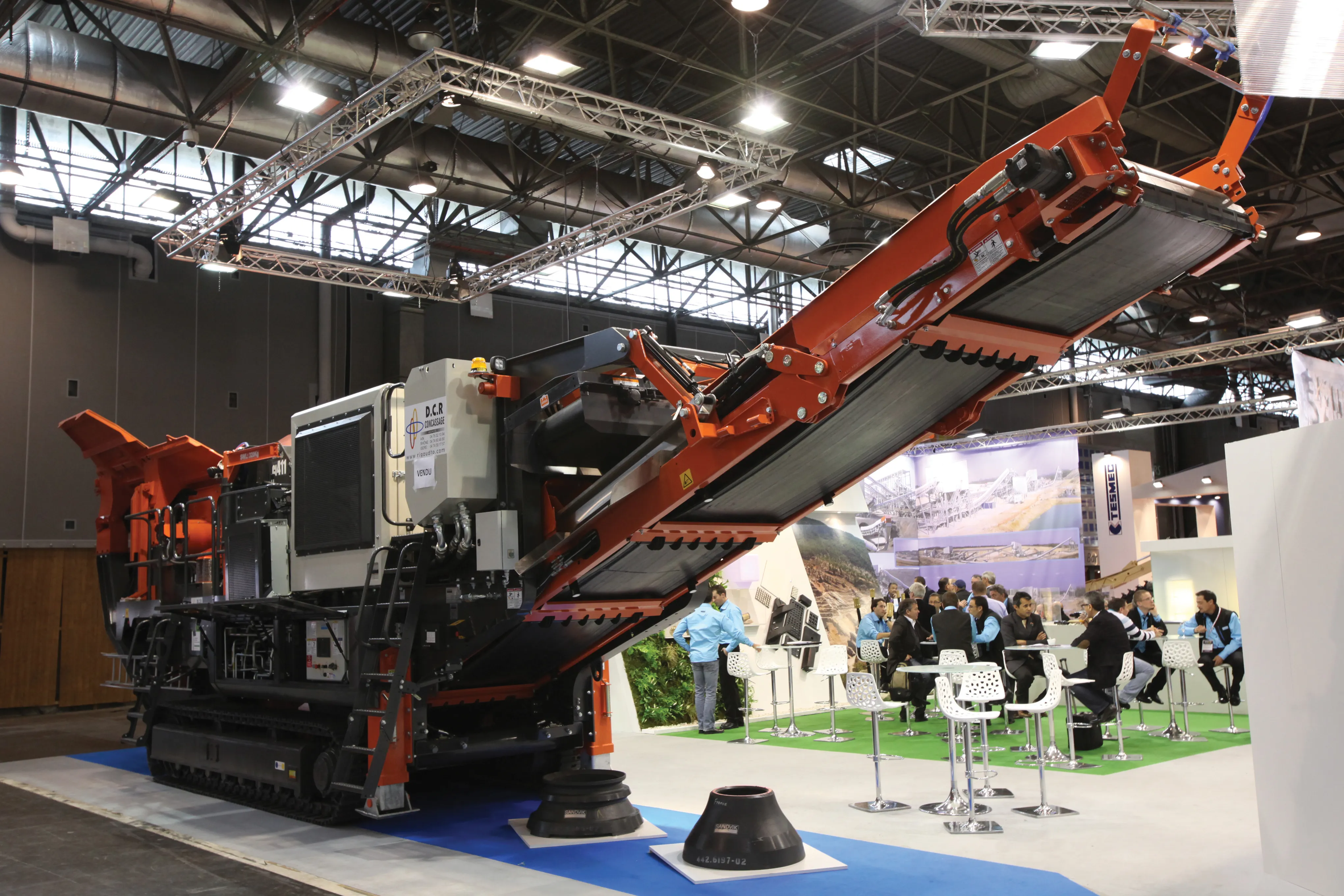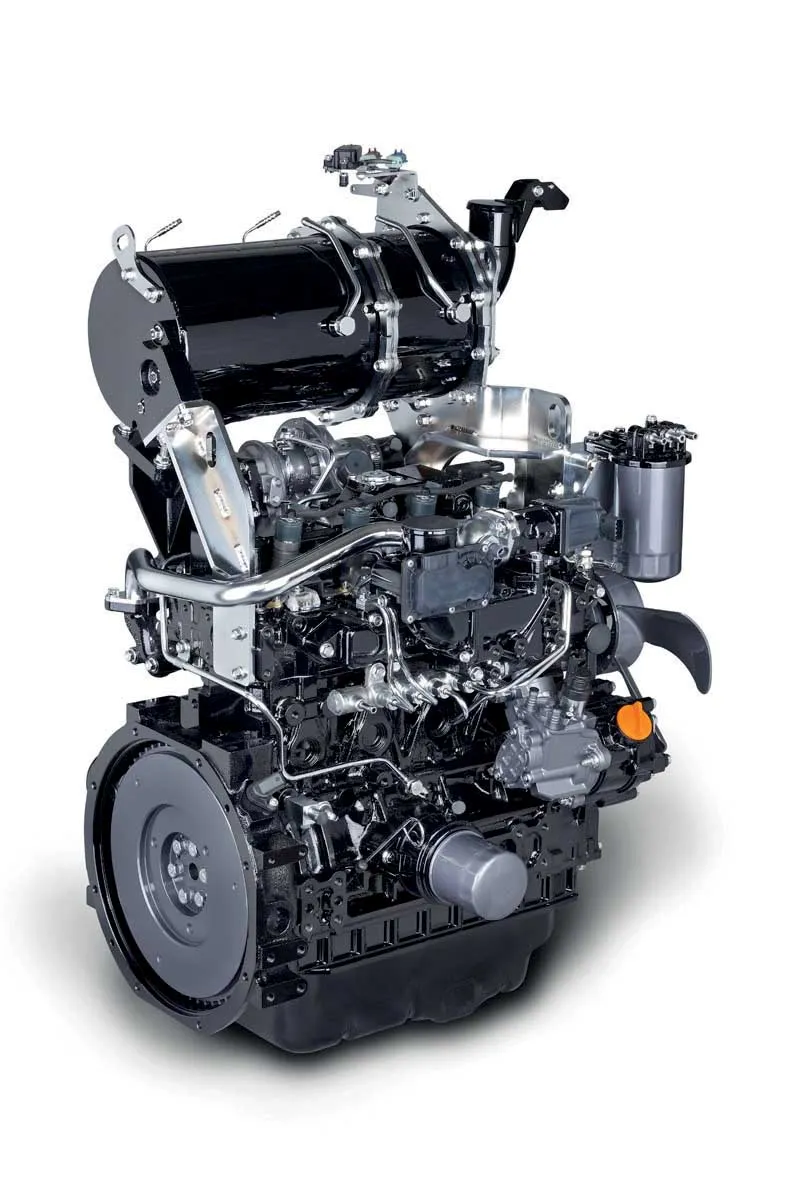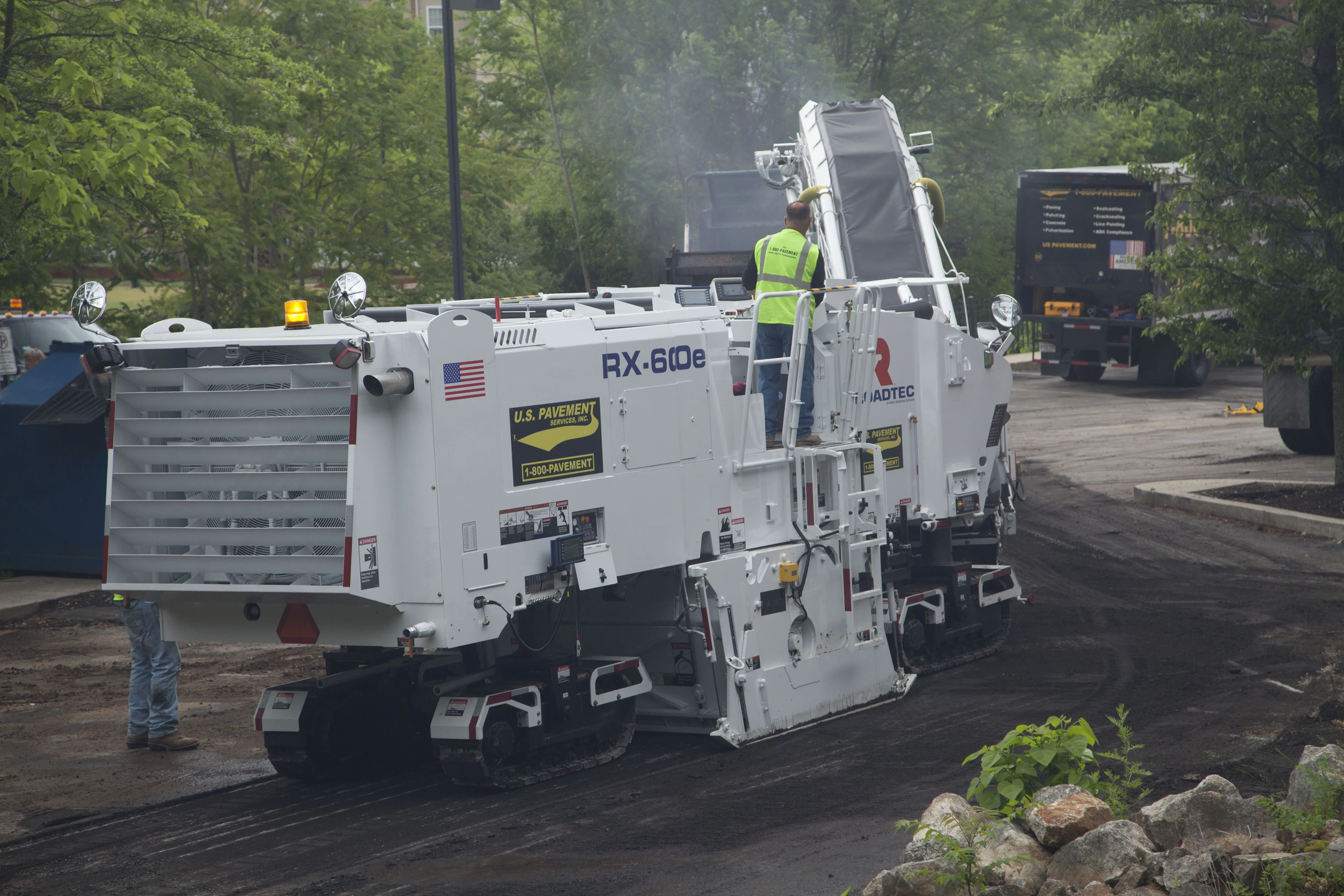
The system is said to allow milling machine operators to raise the milling machine, track over obstacles, lower back into the cut, and resume milling at same depth, without the need for reprogramming or additional delays.
Kyle Hammon, product manager for Roadtec said, “We’ve listened to the industry and we understand the challenges common obstacles present. Auto Cut is a quick and simple solution.”
Auto Cut is paired with ACE, Roadtec’s sophisticated grade and slope sensor system and uses averaging skis and end gate sensors. According to Roadtec, this new system is easy to use and requires no additional training or hardware, while making use of the heavy-duty smart cylinders on the machine. Each leg of the machine is controlled by a different sensor, gathering four data points. Roadtec says that this means the data is more accurate. The data is continuously updated and displayed, keeping the crew informed at all times.


